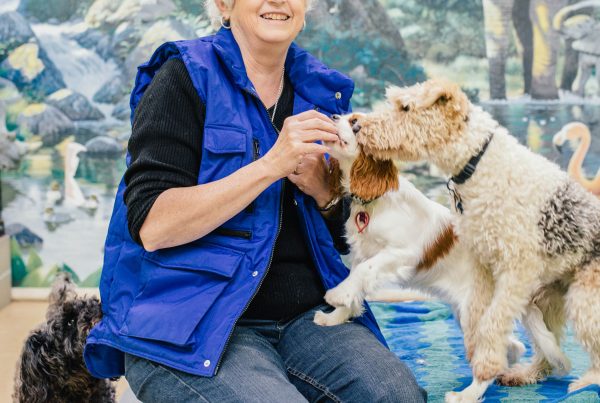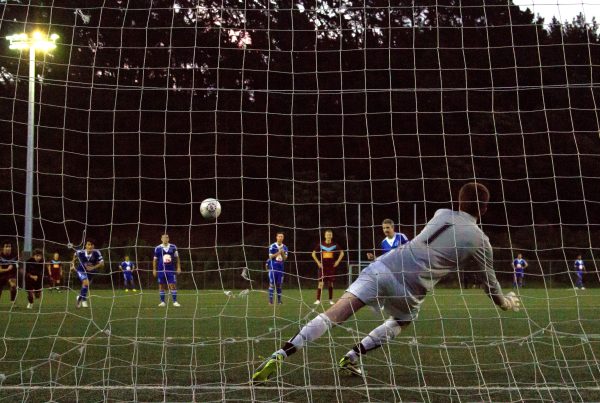
But times have changed and early last year, the government recognized this by promoting advocate for digital learning, Nikki Kaye, to Associate Education Minister. Following the appointment Kaye announced the establishment of a 21st-century learning reference group, to provide expert advice on modern learning environments and digital literacy in schools. The group includes Tim Copeland, a director and one of three founders of Wellington-based Internet services company SilverStripe.
The government has aimed for all schools in New Zealand to have increased access to digital learning opportunities — 97.7 percent of schools will have fibre connections, and the most remote schools (2.3 percent) will have wireless or satellite connections by 2016. Network for Learning (N4L) will provide connectivity and Internet services for schools. This will enable changes signalled in April at the Secondary Principals’ Association of New Zealand Conference by New Zealand Qualifications Authority chief executive, Karen Poutasi, with the move away from conventional written examinations to online and on-demand assessment.
With both teachers and students mobile and connected, it is an exhilarating time to be in education. Take second-language learning for example. Through the reach of the Internet there is a wealth of online content in target languages. e‑pals can be Skyped and online dictionaries and programmes such as Language Perfect accessed, where students can pit themselves against others from over 25 countries across the world.
In other areas of the curriculum, students go on virtual field trips to Stonehenge or ‘walk’, virtually, around the Sistine Chapel. Some courses are now delivered online using video conferencing. The provider might be in New Zealand or on the other side of the world. At my college (Queen Margaret’s), students can take an online course delivered by an education firm, Pamoja, based in Oxford, UK, and contracted by the International Baccalaureate Organization, whose main office is in The Hague.
In the past it was deemed an essential skill for a teacher to thread the film projector. Today, it is essential that all teachers embrace the new digital technologies and weave these appropriately into their classroom practice. The richness of experiences afforded by the digital environment adds new, before now unimagined, dimensions to how, when and where our young people learn.
At the same time, students must learn to be cybersafe. This is the joint responsibility of school and parent. School networks are now protected by firewalls and can filter and block websites. However, at interval or lunch a student’s mobile phone allows them to step into a much larger virtual playground away from school networks. It is important we teach them how to use the Internet with purpose. Parents can find information on digital citizenship at netsafe.org.nz .The site is full of great tips to keep your child safe online.
Today’s educational technology is light years away from the film projector.




